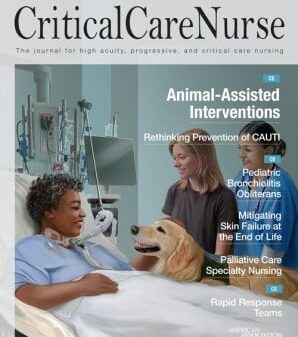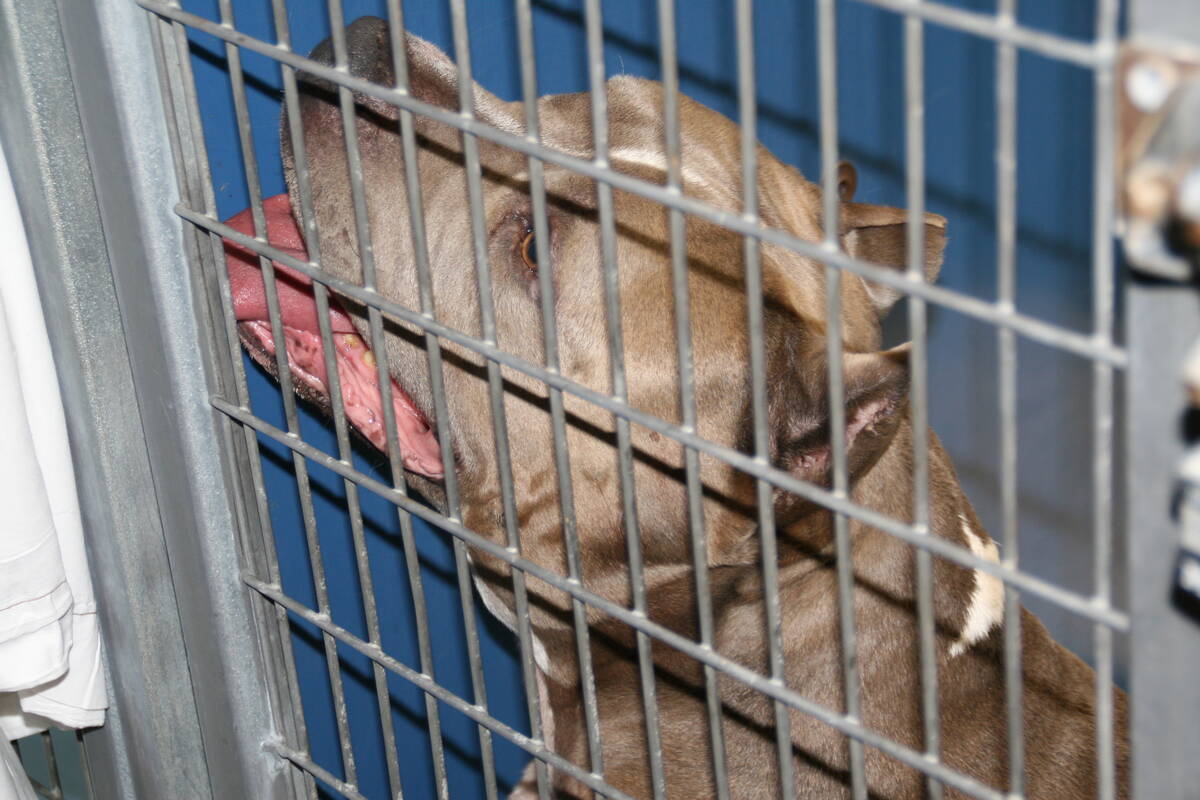Letters to the editor have sparked a conversation regarding the accessibility of spay and neuter procedures in Las Vegas. A recent letter from Brett Sears highlighted the financial barriers that pet owners face when seeking these essential veterinary services. Many agree that spay and neuter procedures should be affordable or even free, to ensure responsible pet ownership and reduce the number of unwanted animals.
Concerns were raised about some local veterinarians who recommend delaying spaying or neutering until pets reach at least one year of age. This approach can exacerbate the overpopulation problem, as it allows more time for pets to reproduce before undergoing these procedures. Critics argue that this practice, combined with insufficient access to affordable spay and neuter options, contributes to the growing number of stray animals in the community.
In addition to high veterinary costs, the availability of free services has also been called into question. The Animal Foundation occasionally hosts free vaccination clinics and microchipping events. However, these services do not require pet owners to spay or neuter their animals beforehand. Critics contend that this policy inadvertently supports irresponsible breeding by allowing backyard breeders to access essential vaccinations and microchips without committing to spaying or neutering their pets.
The issue of pet overpopulation is not unique to Las Vegas, but the local context makes it particularly pressing. The combination of high costs, varying recommendations from veterinarians, and limited requirements for free services creates a complex landscape for animal welfare. Advocates for change are calling for a more unified approach among veterinarians and animal welfare organizations to promote spay and neuter procedures as a standard practice.
Efforts to address these challenges may include increased public awareness campaigns, partnerships between veterinarians and animal welfare organizations, and expanded low-cost or free spay/neuter programs. By working together, stakeholders can help ensure that responsible pet ownership becomes more attainable for all residents in Las Vegas.
As the conversation continues, it remains crucial for community members to engage with local veterinarians and animal welfare organizations to advocate for accessible spay and neuter services. The health and wellbeing of pets in Las Vegas depend on collective action to tackle these persistent issues effectively.

































































